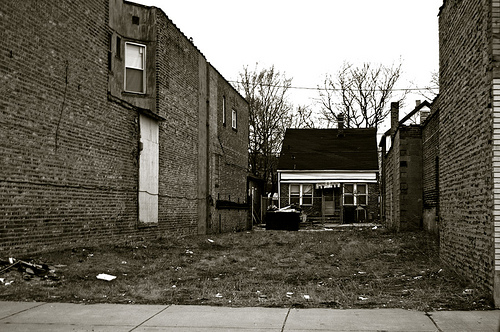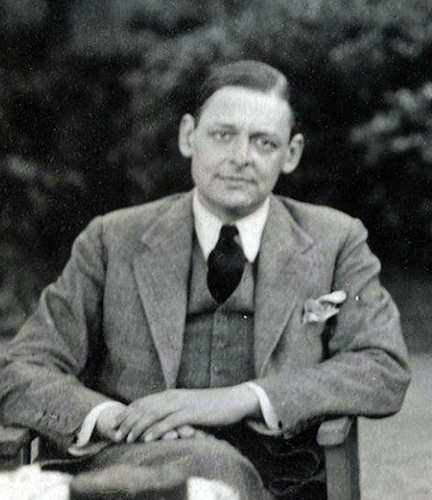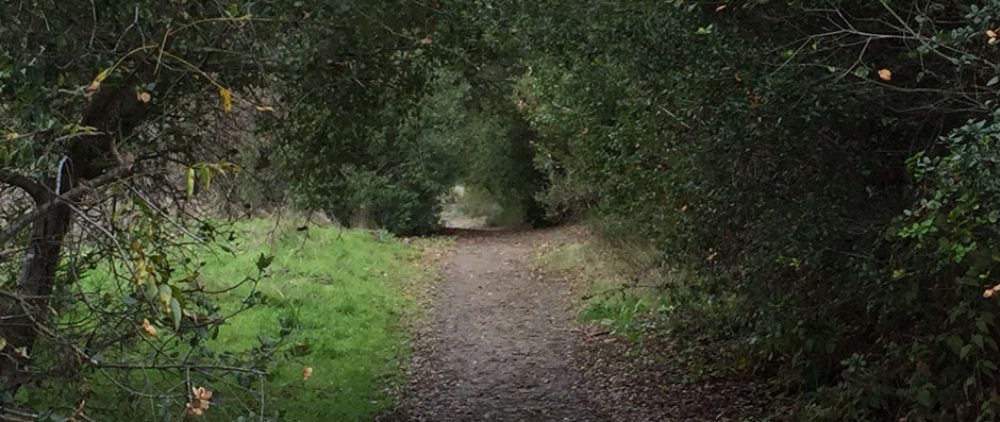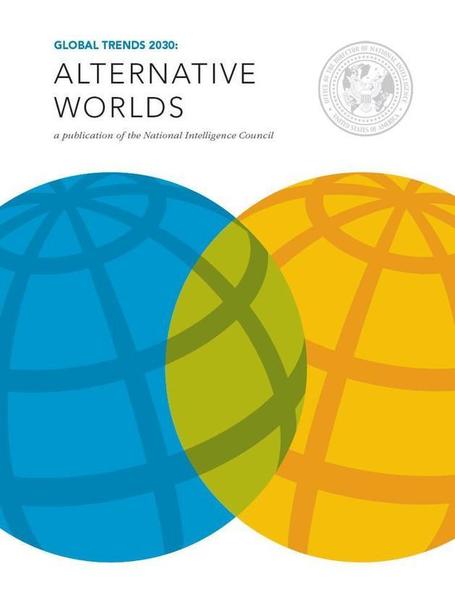As I scanned reviews of The Great Gatsby, I tuned in to one comment about the visionary quality of F. Scott Fitzgerald’s book: he saw the end of the roaring 20’s in 1925, before almost anyone else.
Almost anyone else…
I’d argue that T.S. Eliot, in Prufrock and Other Observations (1917), saw where our 20th century mode of life was leading even before the party began.

Here is how the title poem, “The Love Song of J. Alfred Prufrock,” begins:
Let us go then, you and I,
When the evening is spread out against the sky
Like a patient etherised upon a table;
Let us go, through certain half-deserted streets,
The muttering retreats
Of restless nights in one-night cheap hotels
And sawdust restaurants with oyster-shells:
Streets that follow like a tedious argument
Of insidious intent
To lead you to an overwhelming question…
Oh, do not ask, “What is it?”
Let us go and make our visit.
And here is how Prufrock ends:
We have lingered in the chambers of the sea
By sea-girls wreathed with seaweek red and brown
Till human voices wake us, and we drown.
One of the best professors I ever had helped me engage Eliot with the visual imagination, which helped me see how radical he was compared to the literary establishment of the day. A kind of tired, watered down romanticism was the norm before the war, so describing the sky as “a patient etherized upon the table” was shocking. “Have you ever seen someone unconscious?” the professor asked. “Or very sick or dead? Eliot isn’t describing a postcard sunset.”
But perhaps my most unforgettable poetic image came from another piece in Eliot’s first book. Regarded as a minor work, “Preludes” is even less cheery than Prufrock. Here’s how the poem ends:
Wipe your hand across your mouth and laugh;
The worlds revolve like ancient women
Gathering fuel in vacant lots.
“Picture it,” the professor said, so I did. I imagined an empty field on the outskirts of London, on a dark winter’s day. Old women with scarves, patched sweaters and faded coats circle slowly, eyes on the ground, looking for sticks or slats from a discarded crate they can burn at home to stay warm. Half a dozen figures or more in slow orbit. They might as well be 100 miles apart, even though they are next to each other, doing the same thing.
Which worlds revolve like ancient women? I’ve entertained many answers over the years, but one came up this week that helped clarify a sensation I’ve had very strongly since the November election.
The May 20, Time Magazine cover story featured our current crop of young people who are tagged as “Millennials.”

I’ve read such generational articles since the days when they were written about me and my cohorts. If you don’t take them too literally, they yield some interesting insights. In this case, when author, Joel Stein, wrote “Millennials aren’t trying to take over the establishment; they’re growing up without one,” I literally jumped to my feet and ran out to brew some coffee. I do that a lot when a light bulb goes on.
Millennials are growing up without an establishment. Bulls-eye. We’re all growing up without an establishment!
The worlds revolve like ancient women,
gathering fuel in vacant lots.
We’ve always had personal areas of concern, particular to our interests, our regions, and the groups that we align with, but have we ever been so lacking in the kind of national ethos and ideology that used to weld us together as one nation under one official God?
When journalists wrote about my generation, the lines were clear. We had an ugly war which you were either for or against, yes or no, no ambiguity. Now it’s all too inviting to forget that we’re still in a war no one believes in anymore, and maybe hasn’t for years. In earlier days, we knew who was good and who was bad. Now our enemies change on a regular basis. Who is our biggest threat this month? The worlds revolve and I can’t remember.
This week, if you live in Boston, you are concerned with the dead bomber’s burial. In Washington, you follow the Benghazi hearings. If you’re in congress or one of the 1%, you care about the deficit, though polls show that 92% of the rest of us do not.
If you live in Pennsylvania, you’ve got a new worry. The legislature decided it’s probably unconstitutional to ban guns from public college campuses. Think of armed drunken students on Friday night. A well regulated militia, indeed.
My own new biggest concern springs from a report that our CO2 levels are higher than they have been in three million years. I drive a hybrid car and use pumps instead of sprays, but clearly that’s not enough. Some still say it’s a made up problem, and a few believe these are the end-times, so it’s a moot point. What do I do if I’m not convinced? Does anyone write to their senators anymore about anything?
No establishment means no one at the helm. We’re on a ship without a rudder, or rather, many ships, going in circles like women gathering fuel in vacant lots. The guy next to you at the stoplight is either talking on bluetooth or talking to himself. You hope that if it’s the latter, he isn’t too angry and doesn’t have a gun.

House behind vacant lot, 2008, by Samuel A. Love, CC by-NC-ND 2.0
These days some of those ancient women have concealed weapons and none have had background checks. You spot a piece of wood at the same moment as another who narrows her eyes as if to say, “Are you feeling lucky today? Well, are you?”
Yesterday’s paper featured an article on the current generation of survivalists, who now call themselves, “preppers,” a terrible name that sounds like a table condiment or the slacks and sweater look for high school students. They are getting ready for the big collapse, which they say is just a matter of time. They make a compelling point – ships without rudders run aground. One local prepper who teaches his skills to others asks, “What would you do if you hadn’t had any water or food for three days?”
Strictly speaking, I think you die after three days without water, but it’s a good question. I know what I hope I’d do in a crisis, though I don’t think anyone knows in advance for sure. I recall stories of people helping each other during disasters and others doing just the opposite. What’s scary is that I think you tend to help people you view as neighbors, and we all have fewer neighbors than ever before.
The survivalists are right about one thing – you have to plan the future you want and practice for it. Isn’t that the real question, “the overwhelming question,” as Eliot put it? What do we want our lives to be like? What kind of lives are worth surviving for?
What would happen if those ancient women teamed up to help each other gather fuel? That’s so un-20th century, but now that we have no establishment, all bets are off. That kind of future is so foreign to our current way of life that even with the best intentions and effort, many of us won’t see it in our lifetimes. But that doesn’t really matter.
Outcomes are not as important as the questions. What do we want our lives to be like? How do we want to live? Better to start asking now, lest the day come when human voices wake us and we drown.















